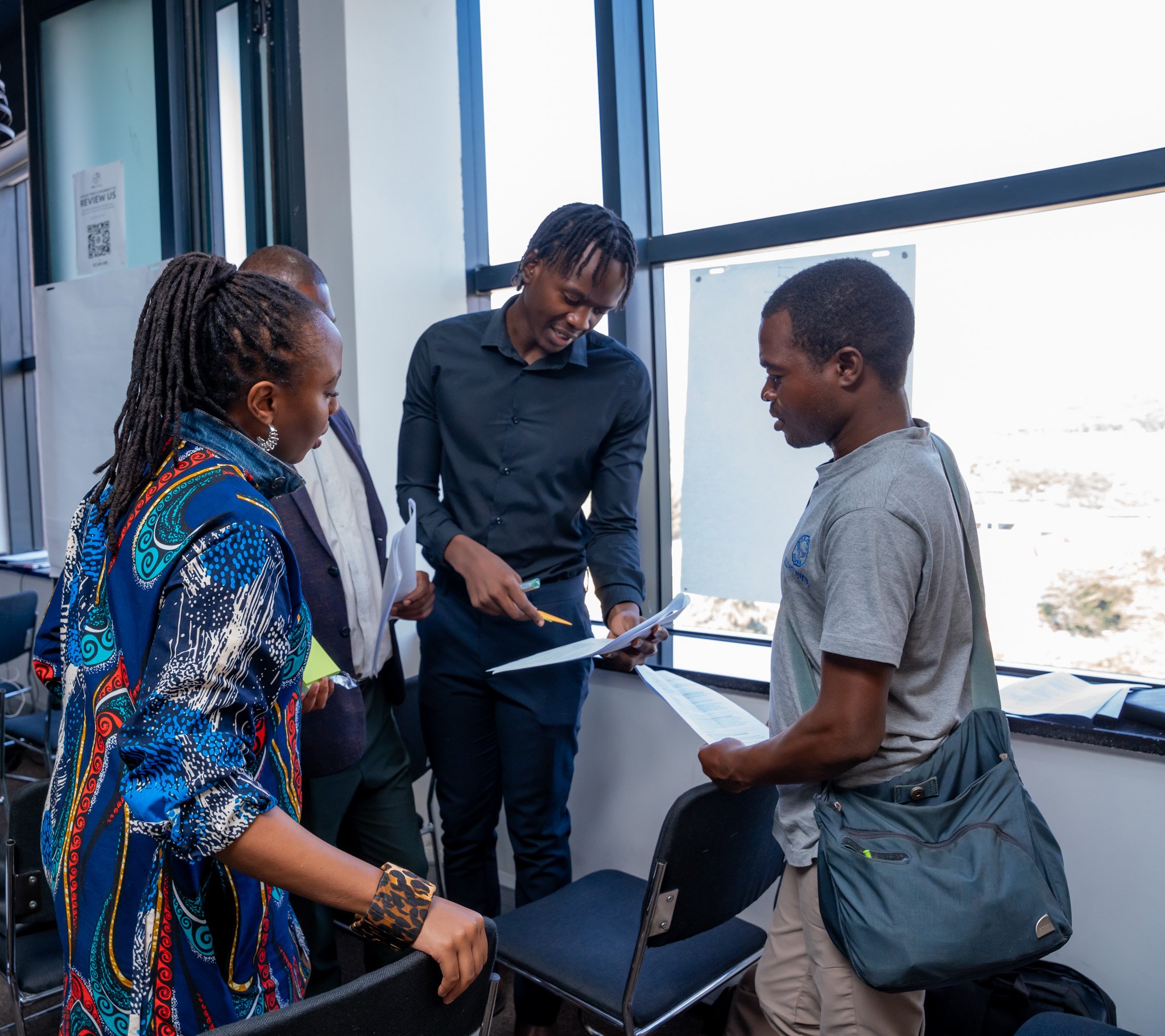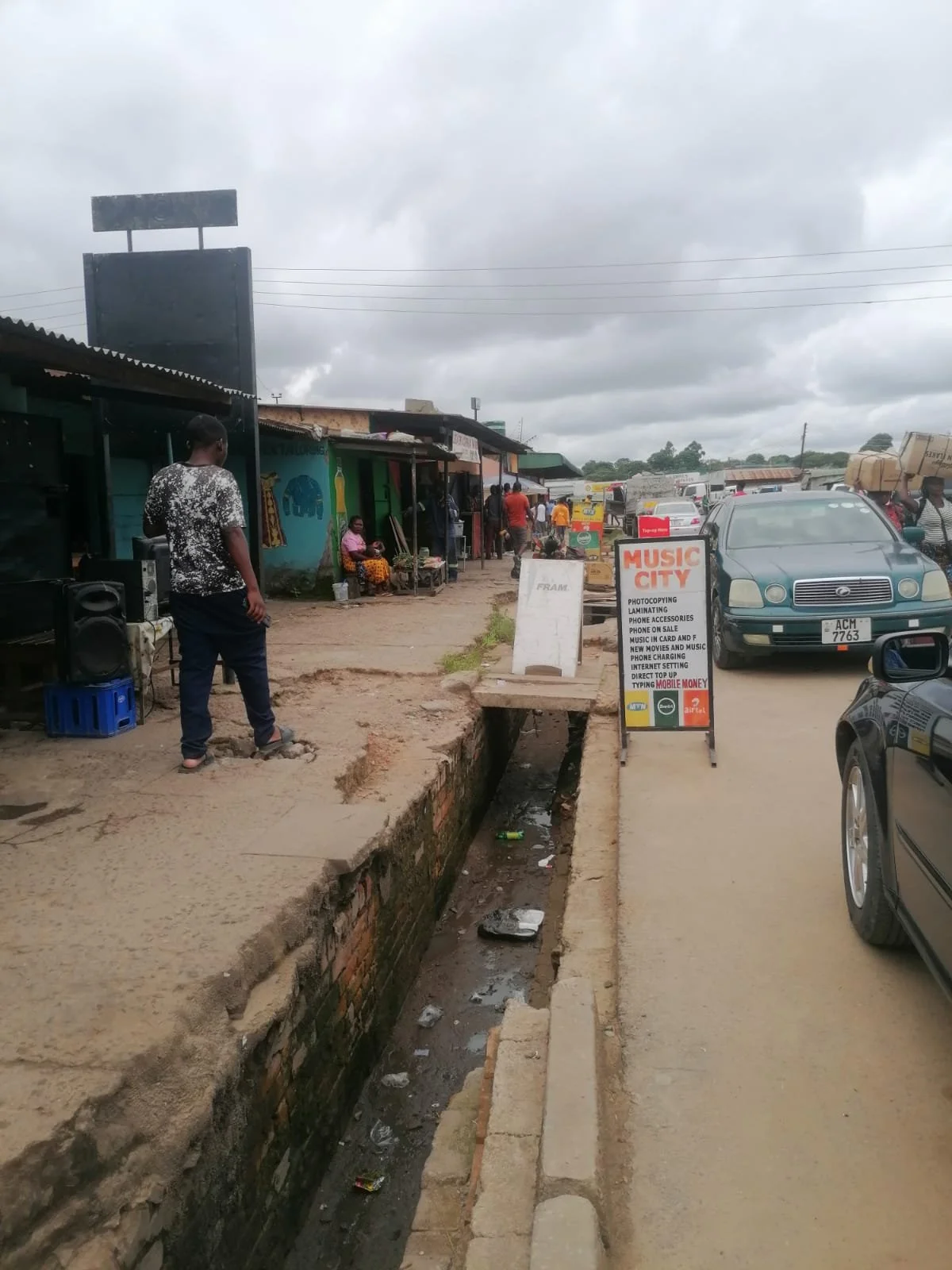From Archives to Algorithms: Coding (For) Risk in Zambia’s Maternal Health
This ethnographic project involves a comprehensive 15-month fieldwork initiative conducted in both urban and peri-urban areas of Zambia to investigate the integration of digital technology in maternal care, with a particular focus on DawaMom, a mobile clinic and telemedicine service addressing obstetric challenges faced by expectant mothers in Sub-Saharan Africa. The fieldsite comprises real and virtual engagement: understanding the coding of the Dawa Mom app in its backend, its translation onto the user interface and how the adoption of this software intertwines with maternal life situated across various inequalities.
Several insights address the question of how care ethics are informed by emerging technologies in Zambia, which include how digital technologies contribute to existing medical pluralisms; the parallels drawn between institutionalised archives on hospitals and curated patient datasets for machine learning; the users’ experience when using a mobile healthcare app to supplement their care and how a digital object is integrated into the materiality of human life. From this, we discern the restructuring of the hospital within a region where the course of life is influenced by evolving modernity.
This project is a component of the Future Hospitals: 4IR and Ethics of Care in Africa project at the Institute for Humanities in Africa, University of Cape Town. Funded by the Carnegie Corporation of New York

AI in Maternal Health in Zambia (AIMZ)
AI in Maternal Health in Zambia (AIMZ)
Incomplete Chronicles: Unveiling Data Bias in Maternal Health
Departing from and expanding on the core insights of my PhD, Artificial Intelligence in Maternal Health in Zambia (AIMZ) is a project supported by the Mozilla Foundation that investigates standardised and unstandardised data, the challenges and dangers posed by biased datasets in the delivery of quality and timely care to pregnant people, who are among the most vulnerable and impacted in AI-led decision-making.
The project explores the scope of patient datasets curated and trained by Dawa Health, the existing data infrastructure present in healthcare facilities and their readiness to adopt automated AI health systems. In essence, this project demonstrates ways to recognise and fill dataset gaps while taking into account the fragmented ICT landscape when implementing AI health technology.
The report Incomplete Chronicles: Unveiling Data Bias in Maternal Health reviews samples of maternal health data from four archives across Southern Africa and data collection practices used by Dawa Health, a medical technology startup in Lusaka, for their DawaMom app. It reviews insights from healthcare providers and mothers to understand how these processes impact the creation and sharing of maternal healthcare knowledge. Read the full report here.

Forthcoming Publications
My upcoming chapter in the De Gruyter Handbook of Critical Data Studies offers a critical examination of maternal-health datasets as modern extensions of colonial archival legacies. Drawing on four institutional archives in Southern Africa, the chapter highlights how these datasets are not neutral repositories but active constructs shaped by historical power dynamics. Through this lens, it interrogates the continuities between archival silences of the colonial period and contemporary patterns of marginalization embedded in data production
In my forthcoming chapter in Care Ethics, Birthing and Mothering (Care Ethics series, Peeters Publishers), I build on ethnographic insights from Zambia to rethink relational care in digital spaces. Drawing on fieldwork with multiple healing traditions and maternal experiences, the chapter argues for a decolonial digital ethic of care—a conceptual framework that honours the pluralistic medical practices intersecting with emerging technologies. Beyond simply acknowledging medical pluralism, this ethic seeks to reconfigure digital care infrastructures so that they support equitable and context-sensitive forms of support rooted in local epistemologies.
ORCID: 0000-0001-5960-929X




